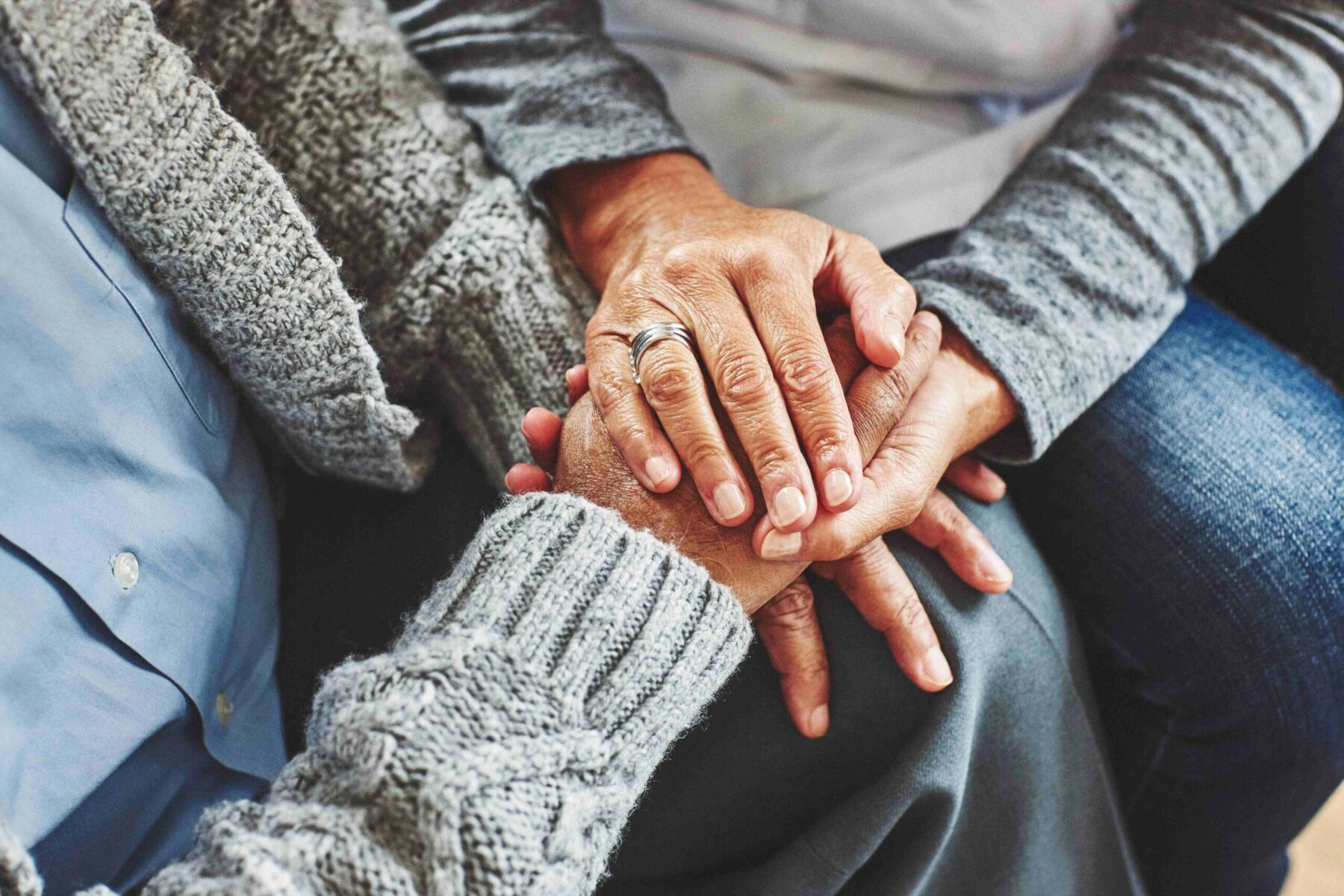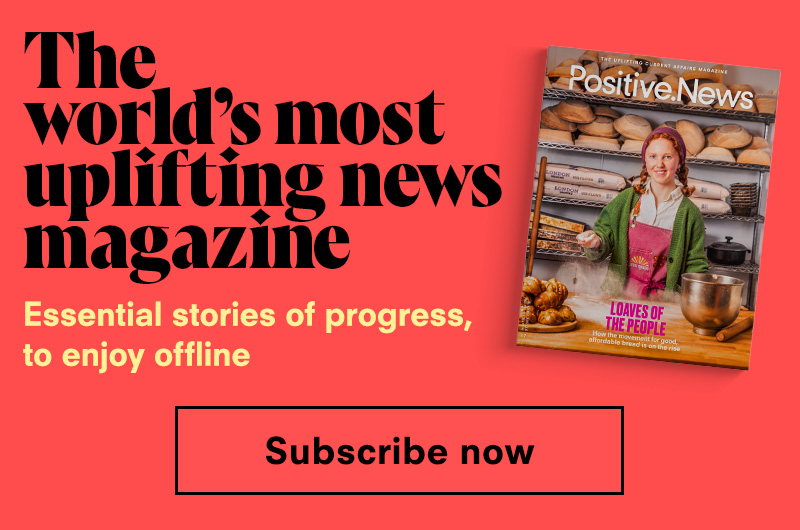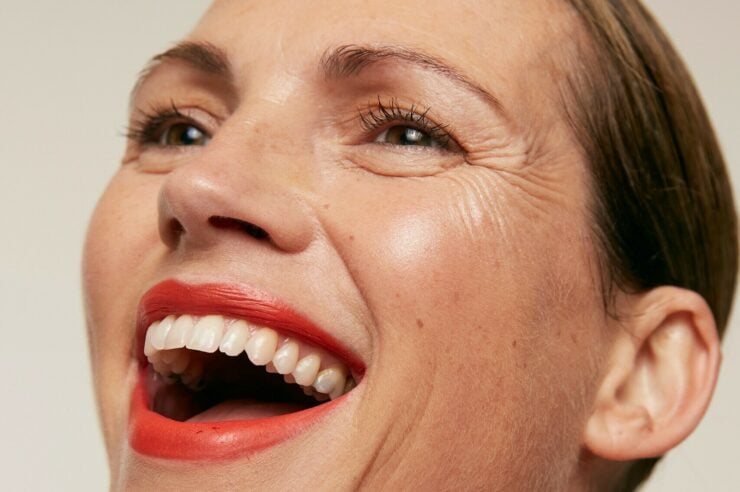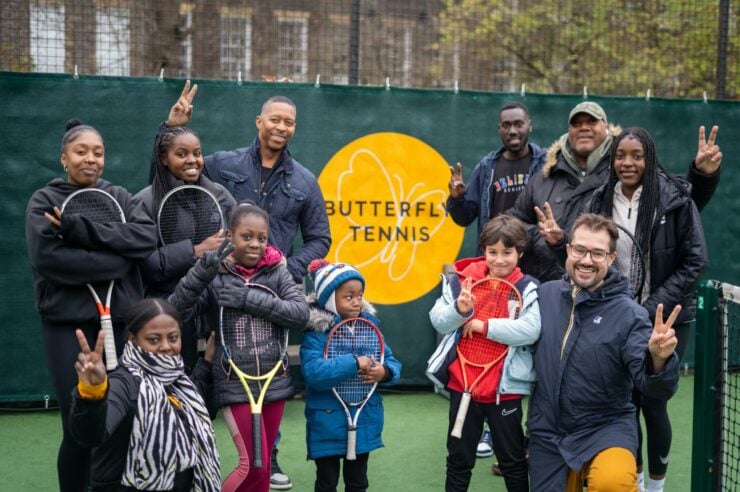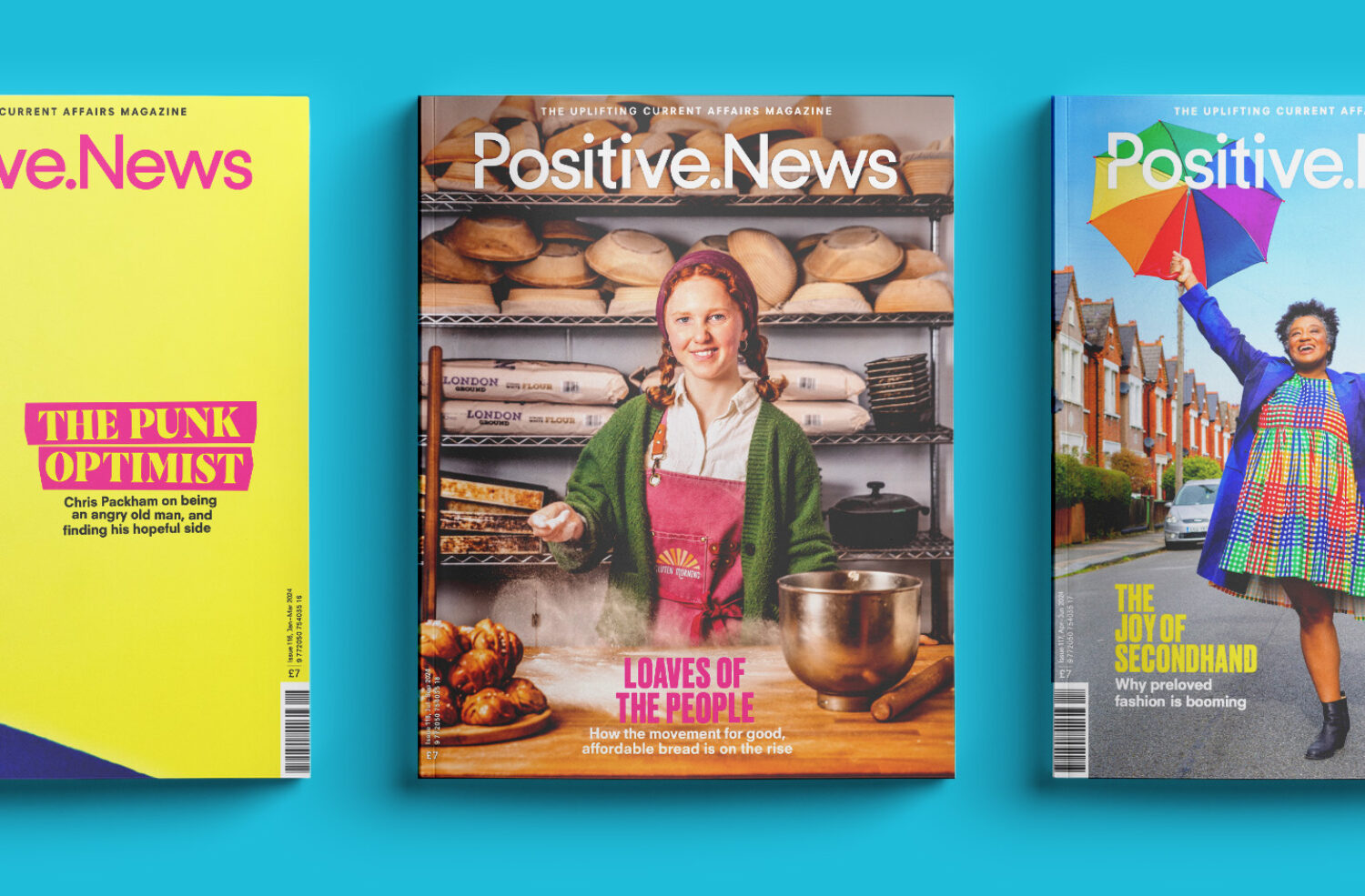A nurse who trains compassionate citizens to provide company for people in the last hours of their lives is expanding into tackling social isolation too
A good death. One without suffering, surely. Preferably in old age, comforted and cared for. Perhaps surrounded by our nearest and dearest.
It’s often described as the great leveller, but for some it’s anything but when the mortal fear of dying alone – thrown into sharp relief by the Covid-19 pandemic – becomes the sad reality. However it’s one that a growing global collective of compassionate citizens is aiming to address through the No One Dies Alone (NODA) movement.
The initiative trains and supports volunteers to act as companions to people in the last hours of their lives. Award-winning Scottish nurse Alison Bunce was among the first to pioneer the concept in the UK, but as her team kept bedside vigils in homes, hospitals and hospices she began to ask herself: might they help people have good lives, too?
Now, as Bunce relaunches her grassroots social movement as a registered charity, her notion of neighbourly kindness is reaching across generations from the cradle to the grave. “Being present and accompanying someone as they’re dying is such a privilege – it’s a profound, unique moment,” says Bunce. “But over the years, people were speaking to me about social isolation and loneliness, and I realised this was about life as well as death.
“We’ve gone from helping people at the end of their lives to supporting them at the very beginning.”
The NODA concept has its roots in 1986 Oregon, US. Now-retired nurse Sandra Clarke was working in intensive care when an elderly patient, near death, asked her to sit with him. Clarke promised to return as soon as she’d finished her rounds, but by the time she made it back to his bedside the man had passed away. The moment resonated and in 2001 Clarke launched the first NODA programme, assembling a group of willing volunteers from hospital employees who would be willing to sit with the alone and dying.
She went on to write a NODA manual, kickstarting a global movement by distributing hundreds of copies throughout the US and across the world.
Meanwhile Bunce, who specialised in palliative care, found inspiration in the work of Australian public health sociologist Allan Kellehear. He was pioneering a ‘compassionate communities’ approach to end-of-life care based on the idea that caring for one another is not a role unique to health and social services professionals, but everyone’s responsibility.
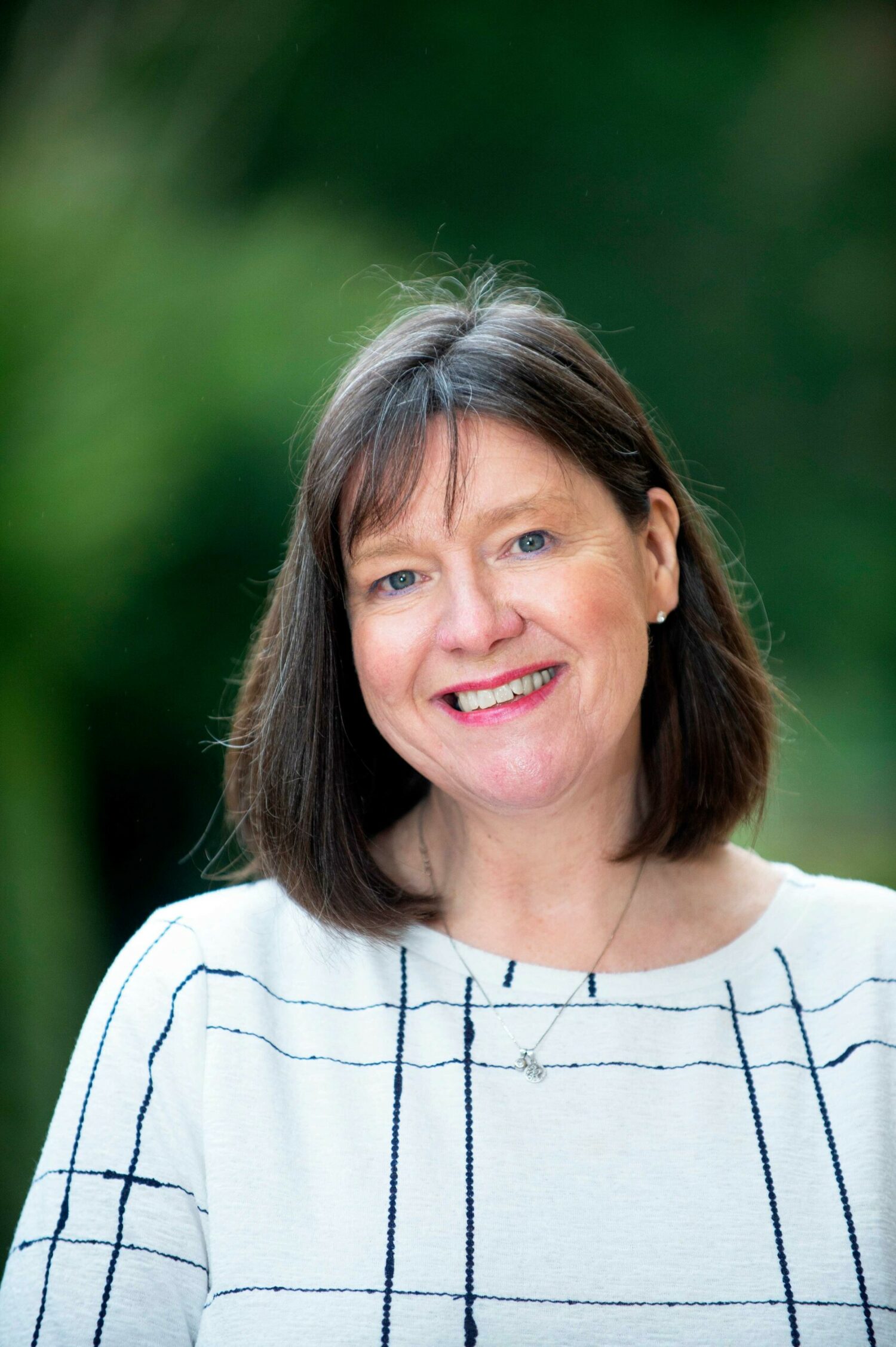
'It's ordinary people helping ordinary people,' says Alison Bunce, nurse and founder of Compassionate Inverclyde
To see it working in practice, Bunce travelled to the US to meet nurses in Ohio running a NODA programme. “I was absolutely inspired,” she says. “I knew I wanted to do something similar in the UK.”
She set up Compassionate Inverclyde (CI) as a project funded by Ardgowan Hospice – where she worked as director of care – and recruited an initial 20 volunteers who could sit with people who were dying alone, initially in the hospice and a local hospital, but eventually in their own homes.
She now has more than 100 to call on and can have a companion at someone’s bedside in 20 minutes. “It’s been really rewarding: they’re grateful that they’re able to have the opportunity to give something back to the community,” says Bunce, who was named Nurse of the Year 2022 by the Royal College of Nursing.
Being present and accompanying someone as they’re dying is such a privilege – it’s a profound, unique moment
“We’ve seen a real positive impact where families are just not able to be there, or they can’t because it’s too painful, and with nurses too: they desperately want to sit with people but often can’t because of their workload.”
Bunce soon realised her volunteers could do more and began curating a range of community care services which operate alongside healthcare professionals and support people at various stages of life. “Our very ethos is about being kind, and how ordinary people can make a difference together,” she says.
Volunteers might lend a hand and a friendly ear to new mums, create ‘back home parcels’ for hospital leavers, visit socially isolated neighbours or keep the tea flowing out at CI’s bereavement cafe.
It means CI has outgrown Ardgowan Hospice’s remit as a provider of palliative care. Lottery funding has enabled this month’s relaunch, and Bunce is embarking on a new chapter in her mission to inspire compassion and neighbourliness. “We need to have courage in our communities,” she says. “If you think about the people who live in your street, we all have skills and experience. No matter who we are, we have something to offer.
“I think people are inherently kind: let’s empower people and give them the opportunity to do something good, something that makes a difference.”
Main image: iStock
Support solutions in 2024
Positive News is helping more people than ever to get a balanced and uplifting view of the world. While doom and gloom dominates other news outlets, our solutions journalism exists to support your wellbeing and empower you to make a difference towards a better future.
But our reporting has a cost and, as an independent, not-for-profit media organisation, we rely on the financial backing of our readers. If you value what we do and can afford to, please get behind our team with a regular or one-off contribution.
Give once from just £1, or join 1,400+ others who contribute an average of £3 or more per month. You’ll be directly funding the production and sharing of our stories – helping our solutions journalism to benefit many more people.
Join our community today, and together, we’ll change the news for good.
